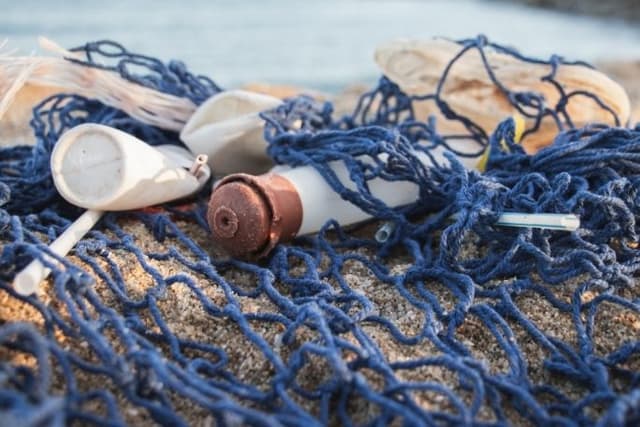
Take 3 - Questions To Explore How You Impact The Ocean
Lesson3 of 6 in this unit
PrimaryYear 3 - 6Humanities and Social SciencesGeographyAboriginal and Torres Strait Islander Histories and CulturesEnvironmentalBiodiversityConservationOceans
Summary
Lesson Guides and Printables
Lesson Plan

Student Worksheet

Teacher Content Info
